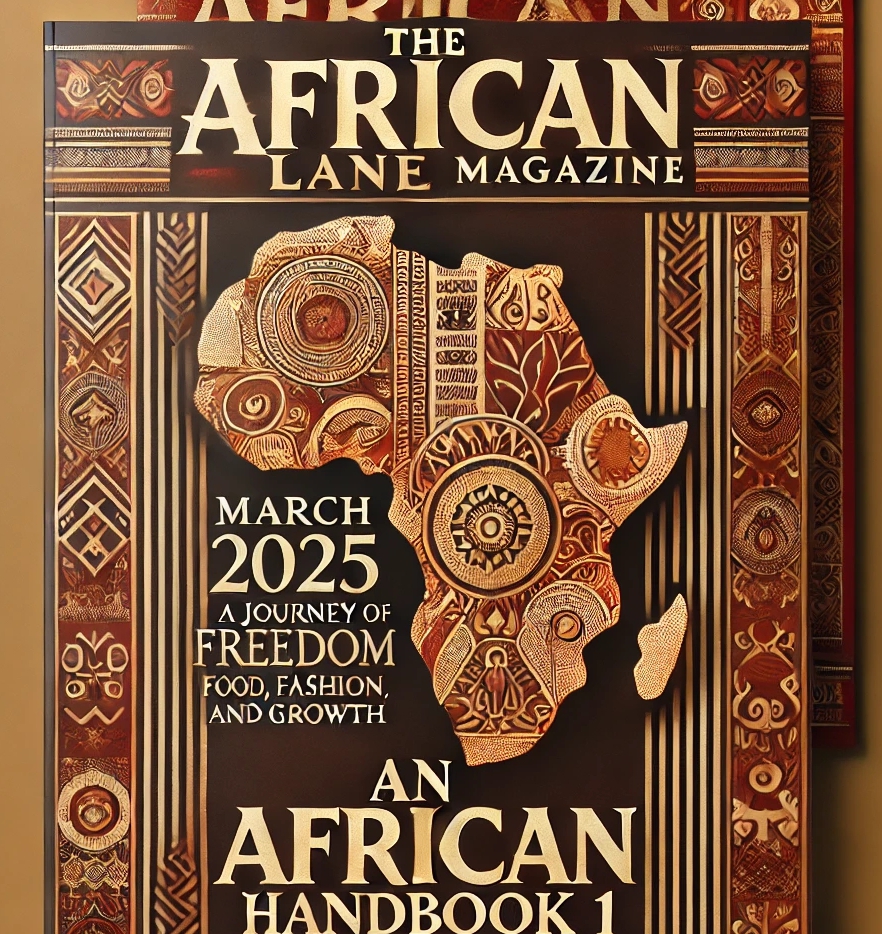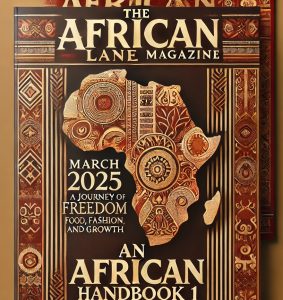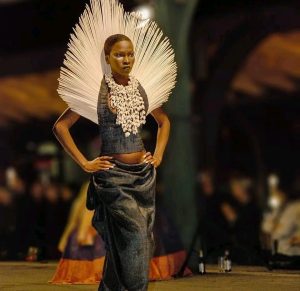WHY THE RATE OF COUP HAS INCREASED IN AFRICA AND POSSIBLE SOLUTIONS.

Africa is the second largest and one of the most popular continents in the world. According to the World’s Population Prospects (2022), “Africa accounts for 18% of the world’s population.” The continent contains an enormous wealth of mineral resources, and some of the world’s largest reserves of fossil fuel, metallic ores, gems, and precious metals. Its richness is marked by a great diversity of biological resources that includes the intensely lush equatorial rainfall of Africa and the world’s famous population of wildlife of the Eastern and Southern parts of the continent.
Although agriculture still dominates the economies of many African countries, the exploitation of these resources became the most significant economic activity in the 20th century. It currently has a GDP of $8.05 trillion annually. Collier, et al. (2021) state that despite the wide range of natural resources, Africa is the least wealthy and developed continent in the world. This has been attributed to different factors including geography, climate, tribalism, colonialism, imperialism, wars, neocolonialism, lack of sustainable democracy, and corruption which has resulted in numerous military interventions within countries in the continents leading to increasing military coups even in the 21st century. United Nations Secretary-General Antonio Gutierrez spoke of an epidemic of coups after the Shoe Dance Coupe in October 2021, the year in which there were four successful government overthrows in Africa.
However, since 1950 Africa has seen 220 coupes with 109 of them successful between 2020 and till date the African continent has witnessed over 7 coups with Mali opening the floodgates and the most recent Niger and Gabon military juntas. The Niger junta of July 26th, 2023 when the military announced that they had overthrown President Mohammed Bazoum. General Abdulrahman Tchiana becomes the new strongman of the country.
These recent incidents draw the question of why the increased rate of coups in Africa;
–Neocolonialism
This concept in Africa is described as the deliberate and continued survival of the colonial system in independent African states by turning the state into victims of political, mental, economic, social, military, and technical forms of domination carried out through indirect and subtle means that did not include direct violence.
Africa remains the white man’s Farm through this system. Kwame Nkrumah, the first democratic president of independence Ghana noted that “the concept of neo-colonialism warns us of the potential regressive impact of unregulated forms of aid, trade and foreign direct investment to poverty reduction and well-being of African countries.”
This powerful tool is used to manipulate the African political, economic, and social system thereby masterminding coups against democratic leaders that tended to oppose the system. For instance, Nkrumah’s key text Neocolonialism: The Last Stage of Imperialism, published in 1965, provoked an immediate political reaction from the USA at the height of the Cold War less than a year after it was released President Nkrumah was overthrown in a military Coupe abetted by Washington.
–Tribalism
Tribalism is a bone on the neck of most African countries as it has hindered several positive decisions that affect Africa’s prosperity. The effectiveness of leadership varies considerably from one culture to another and by religion. Cultural differences and how they may be negotiated to a large extent determine the effectiveness of power sustainability especially in a continent like Africa where through the colonial policy of divide and rule, different people, cultures, and religions, are amalgamated in a forced marriage. This often leads to security challenges and political instability resulting in military interventions which in most cases are aimed at restoring security and harmony in the country.
Excerpt from The African Lane Magazine’s third Edition.

Download here
The African Lane Magazine Third Edition






